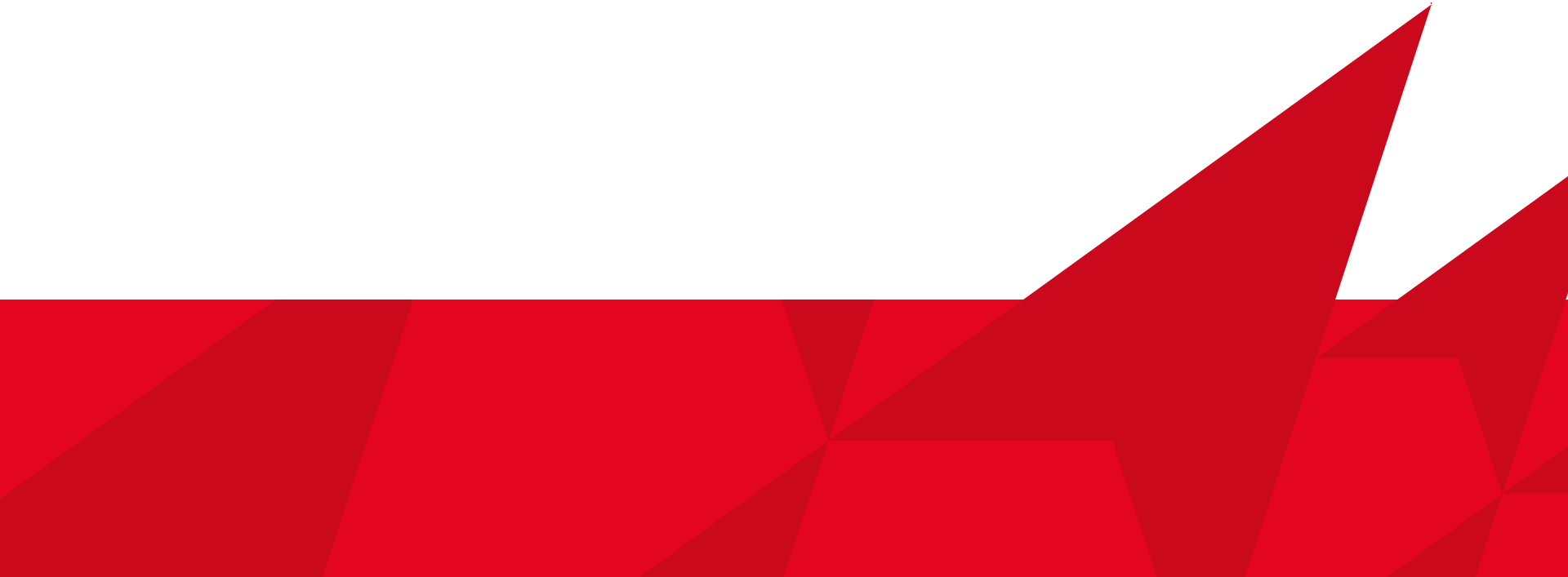Club founders
Jaroslav Hausman
Jaroslav Hausman was born on 14th December 1872 in Sazená village in house No. 36. His mother died when he was two years old and his father later remarried. The young Jaroslav was sent to Prague to study. He was not particularly happy about it because he knew he would miss home. He replied to his father resignedly: “I’ll be a doctor all right, if you want me so, but I won’t be a doctor that talks, I’ll be the one that cuts.”
Since 1884 he lived in an old one floor house in Prague city centre. He was originally a fan of the sport shooting but his younger brother and flatmate Heřman later introduced cycling to the family. Heřman joined SK Slavia, became the best Czech cyclist and chairman of the re-established Slavia cycling department.
After the dissolution of Literary and Rhetoric Club Slavia in 1895, Jaroslav Hausmann, together with Josef Srba (born 1865) and Emil Kopecký (1871 – 1930), signed the Statutes of SK Slavia. He became the vice chairman of the newly established Slavia sports club and was soon in charge of the club because the chairman Ing. Karel Ankrt (1867 – 1924) did not fancy meetings with numerous formalities, did not attend and spent most of the time on the track and on the pitch.
Hausman may have been a keen cyclist originally but he noticed a new rising sport – football. He had played it since 1885 and in May 1890 he was head of a loose association: the Czech Football Association. On 18thJanuary 1900 he initiated a working committee for addressing the Olympics in Paris. These were the first Olympics with Czech athletes. After Karel Ankrt, who was more a cyclist than football player after all, resigned, Hausman was elected Slavia chairman on 19th January 1900 in the restaurant U Brejšky.
Hausman himself resigned in mid-July 1900 due to his professional workload. He stayed a very active Slavia member until 1923 when he terminated his membership in protest to reconciliation between Slavia and DFC Prag.
Being a surgeon and obstetrician, he open his own sanatorium at No. 1627 Legerova Street at the beginning of the 20th century. The sanatorium was later called Borůvkovo and between 1953 and 1983 it hosted a plastic surgery ward. It was here where Jan Palach, who set himself on fire in protest to the 1968 Soviet occupation of Czechoslovakia, died.
He died a sudden death on 7th September 1923, aged 50, in his sanatorium of pneumonia that he contracted while driving to a childbirth. The urn is placed in a family grave at the graveyard wall in Kostelec nad Černými lesy.
Dr. Hausman had a daughter Olga (born 1905), who became a renowned English translator, and a son Jaroslav (born 1907), who became a car racer, pilot and a car journalist. Dr. Hausman travelled around the world in 1938 by boat and plane.
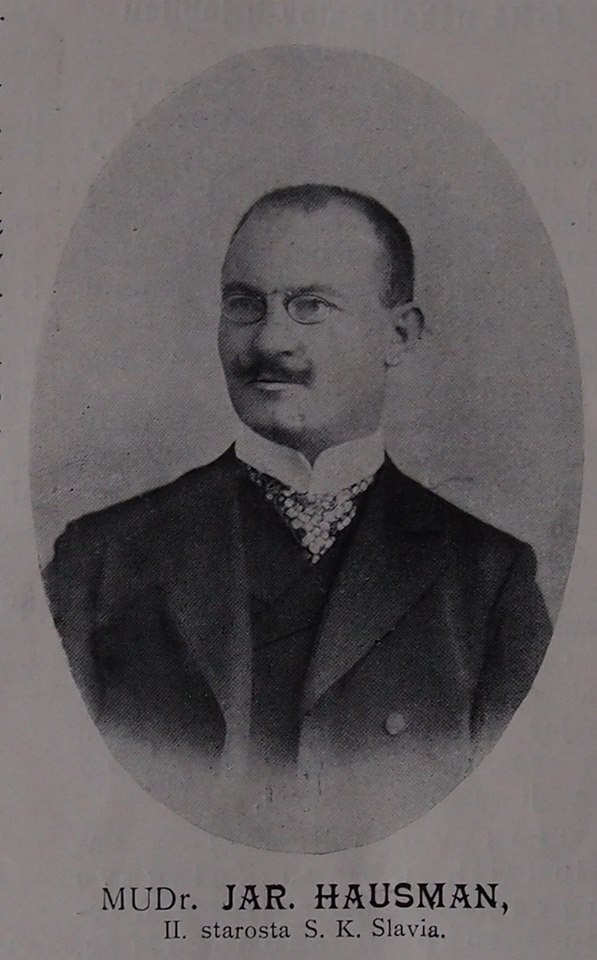 |
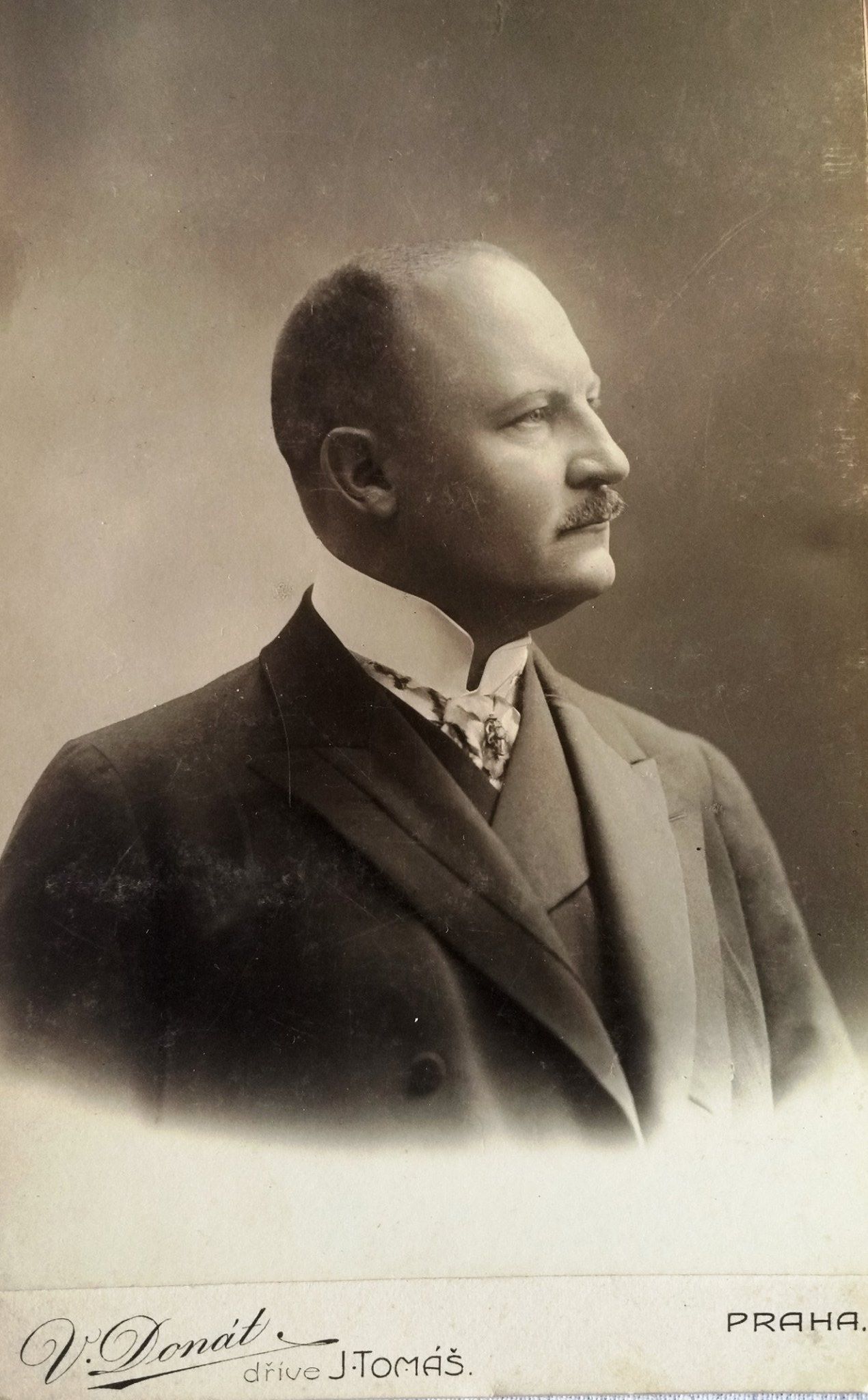 |
Karel Freja
Karel Freja was born on 17th November 1877 in Prague Old Town in house No. 536. He went to the high school in Hellichova street between 1888 and 1899 in Prague Lesser Town.
As a student, Karel Freja took part in progressivist actions which would get him into trouble at school. A newspaper after the First World War later wrote: “He found the disciplinary rules challenging due to his progressivist activities.”
Football gradually gained in popularity among students and formed groups with names according to the schools they studied. This is how Lesser Town football union was formed. Freja was one of the main players, played many games and even helped to defeat Sparta on their home pitch, then at Invalidovna.
Freja enjoyed certain respect. He was not only the captain but also a sort of coach. He would snap commands during the game at his teammates. He favoured offence, had a keen eye for good players and could assign them to the right position. He could not find anyone good enough to replace him in midfield, where he played. He kept a notebook and as soon as he took it out after the game or training, he announced the names of two or three players that had to carry the goals from Letná to a Dejvice restaurant where they stored them.
Freja was also a keen cyclist. A cyclist, progressivist and athlete – it was clear that he was destined for Slavia. He joined in 1985. The football squad was formed on 21st January 1896. Prague Lesser Town football union followed him to join Slavia in the spring of the same year as well as students from some other Prague schools.
Freja became Slavia’s first captain and first centre-forward. He probably played in the first game but the line up has unfortunately disappeared. He also played for the national team in Vienna on 12th March 1899 following his nomination by the Czech Amateur Sports Union. The game was a 2:2 draw.
Karel Freja was one of the founding members of the Czech Amateur Sports Union that also governed football competitions. He joined the Union’s five-member committee for publishing football rules in Czech. They were published in 1897.
Josef Rössler-Ořovský later wrote that he introduced an iron discipline in Slavia. No other captain could manage his team in the same way as him and keep a horde of young students in line.
On the other hand, he used to get into disputes due to his bossy character. He was expelled from Slavia in 1899 after disputes with players and charges of not adhering to the club’s disciplinary rules and not acting in the club’s interest.
He finished his high school studies on 30th September 1899 and joined the infantry the next day. The military archives tell us that he had blue eyes, a round face, brown hair and a symmetric mouth and nose. He was 165 cm tall and was a shoe size 10.
When Dr. Hausman resigned from the Czech Football Association in 1900, Karel Freja took charge and eventually established it officially. The first general meeting appointed Freja, a 24-year medicine student, as the first chairman. He became a doctor on 24th January 1911 and left for a hospital in Mladá Boleslav.
Dr. Freja served as a volunteer of the Czech Auxiliary Medical Force in the Balkan war against Turkey in 1912-1913 Montenegro. He left right after mobilisation in 1914 for a fort in Galicia. He became a POW, served in a Kiev hospital, then in a Serbian voluntary corps field hospital etc. He left the Solonica front for French Cognac as the chief doctor of the Czechoslovakian 23rd artillery regiment. He came back home on 14th January 1919.
After the dissolution of the Czechoslovak foreign legion, he joined the regular army of the newly independent Czechoslovakia and got promoted to Medical Colonel on 13th November 1930. He was decorated with numerous orders and medals for his war efforts. He received praise from his superiors almost exclusively. He was said to be straightforward, open-minded and honest, intelligent and dutiful with good influence on his subordinates and he maintained discipline. He was also characterized as a diligent doctor with a good education in dentistry and surgery.
Dr. Freja was pensioned on 1st January 1935. He could not enjoy his well-deserved retirement for long and died aged 59 on 30th April 1937 after a long disease in Prague. His ashes were scattered in Malvazinky graveyard in Prague.
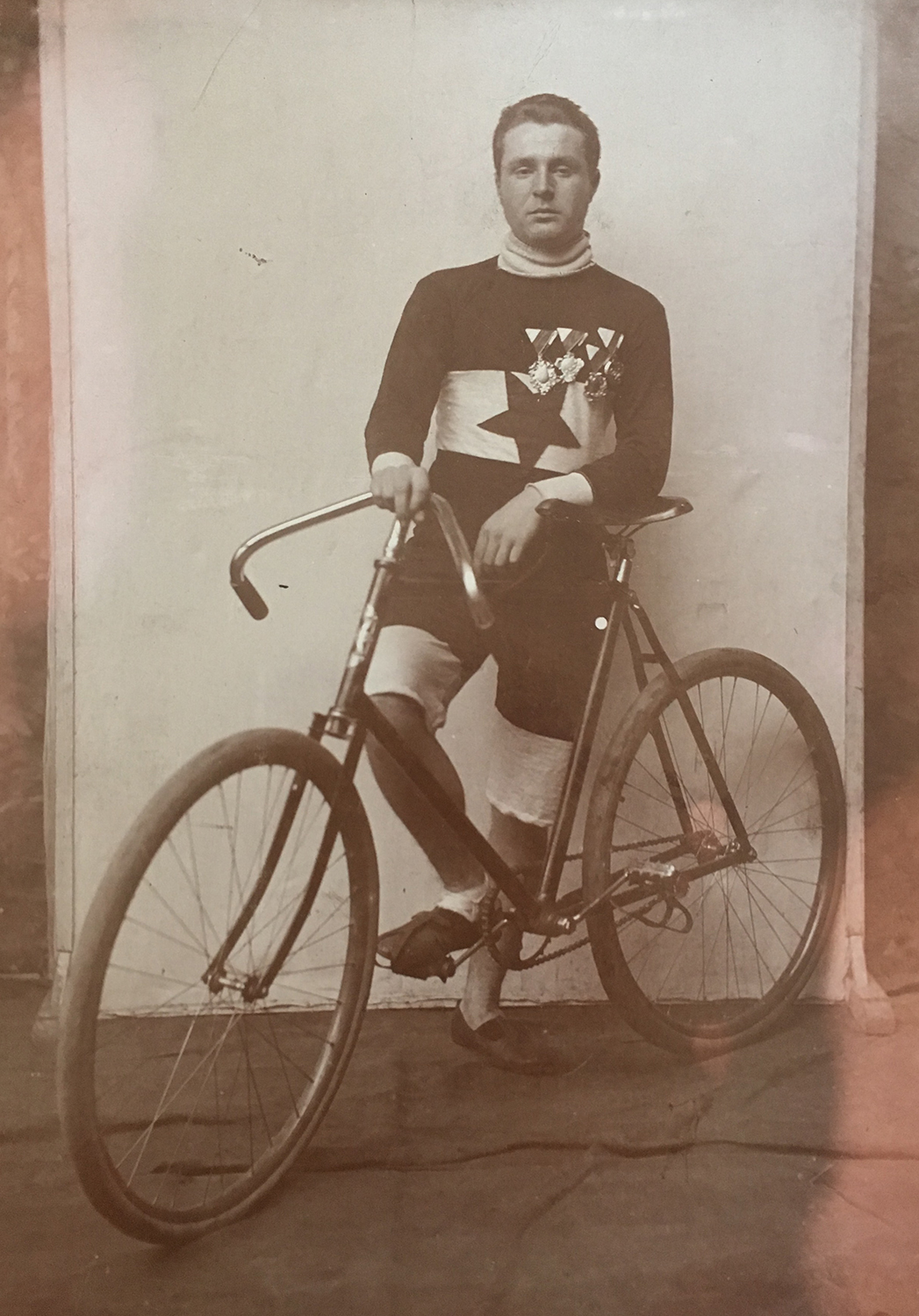 |
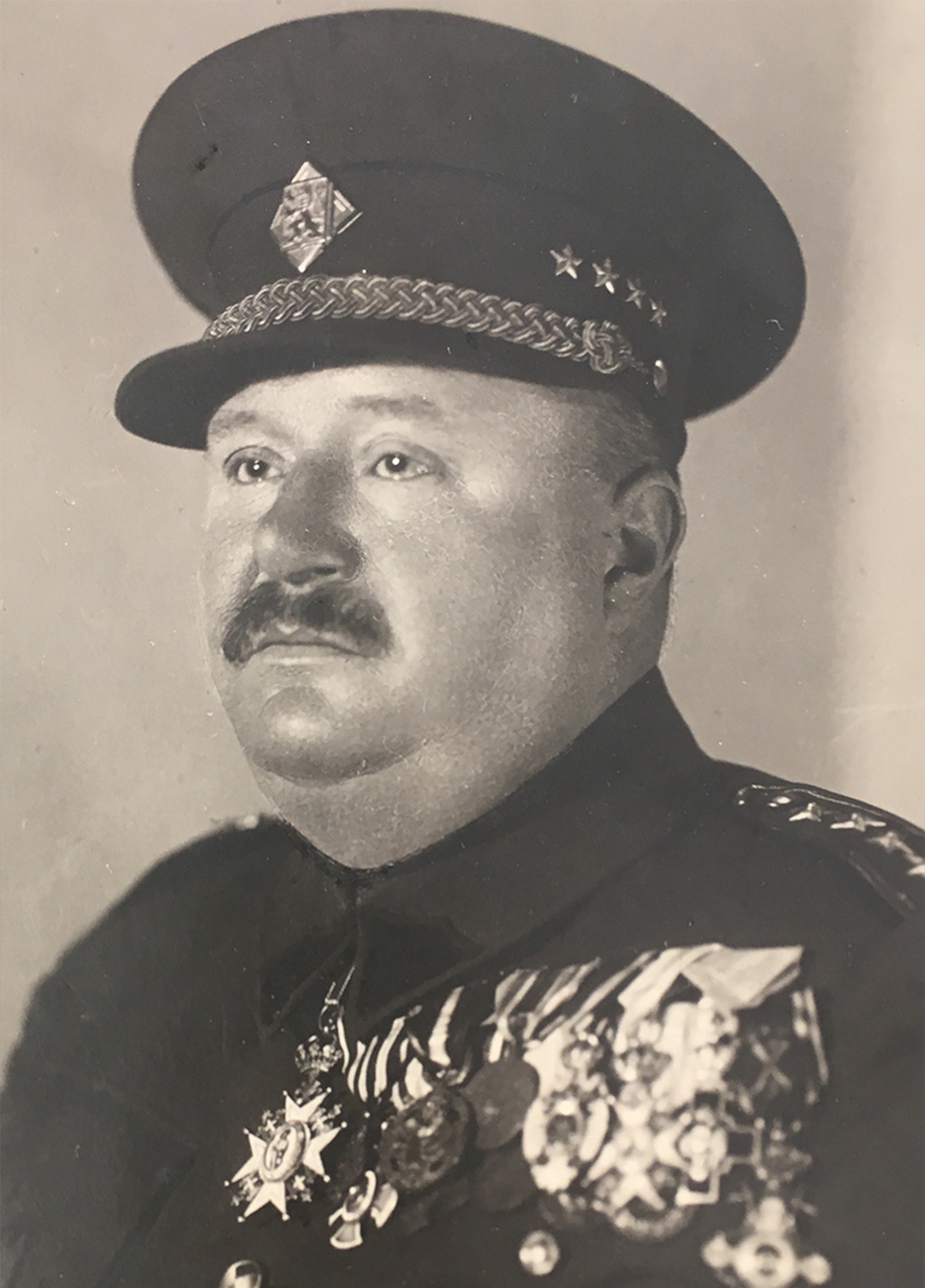 |
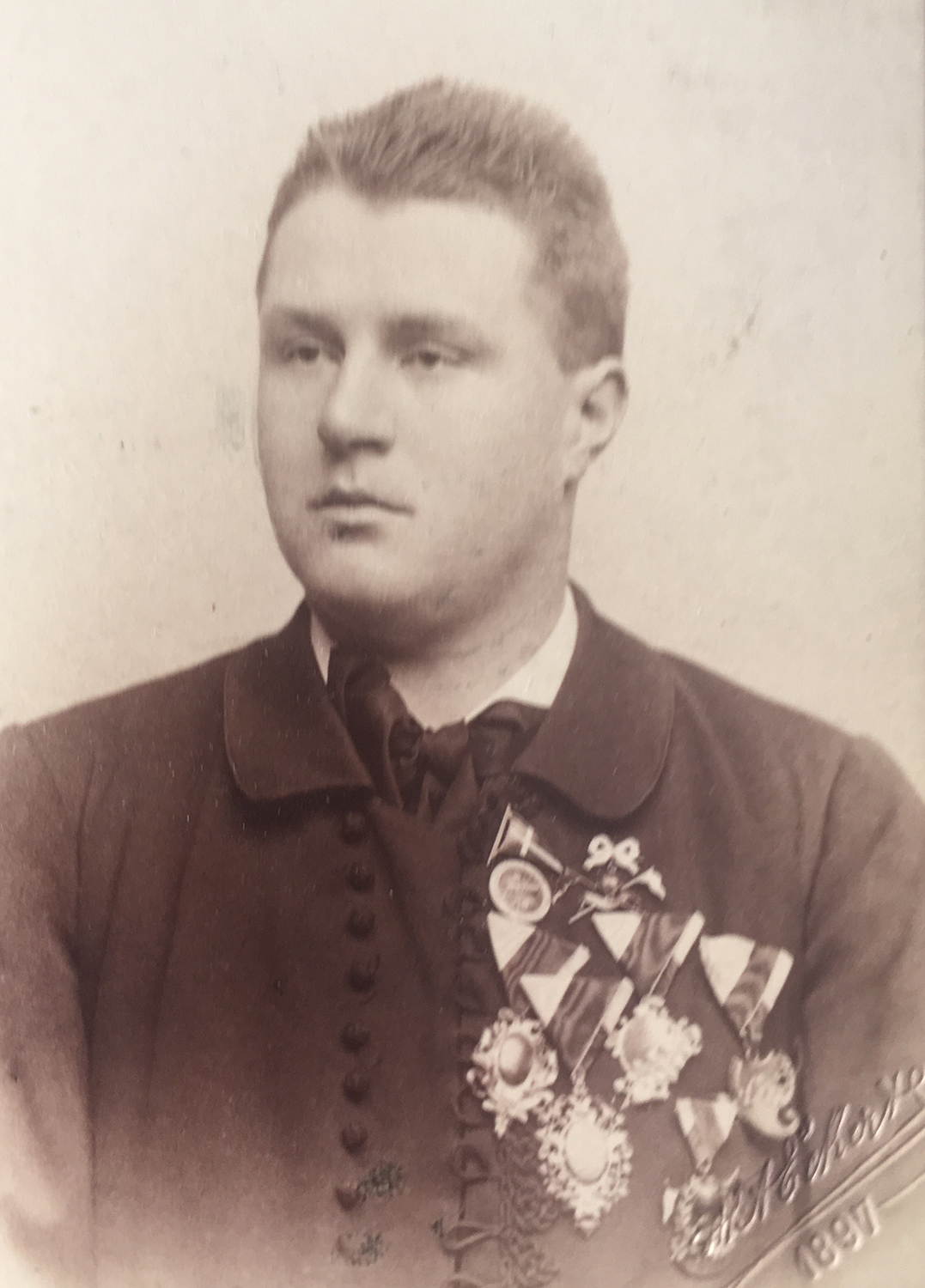 |
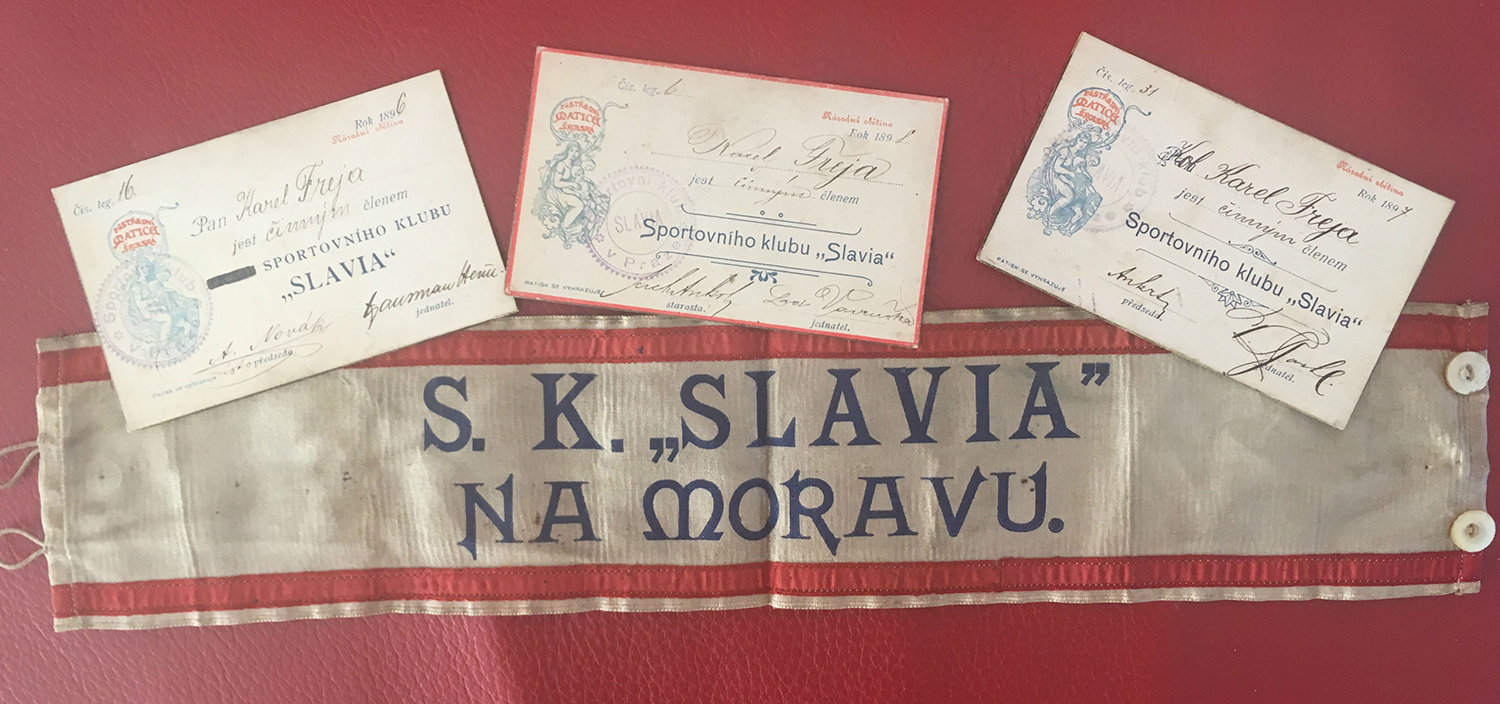 |
||


